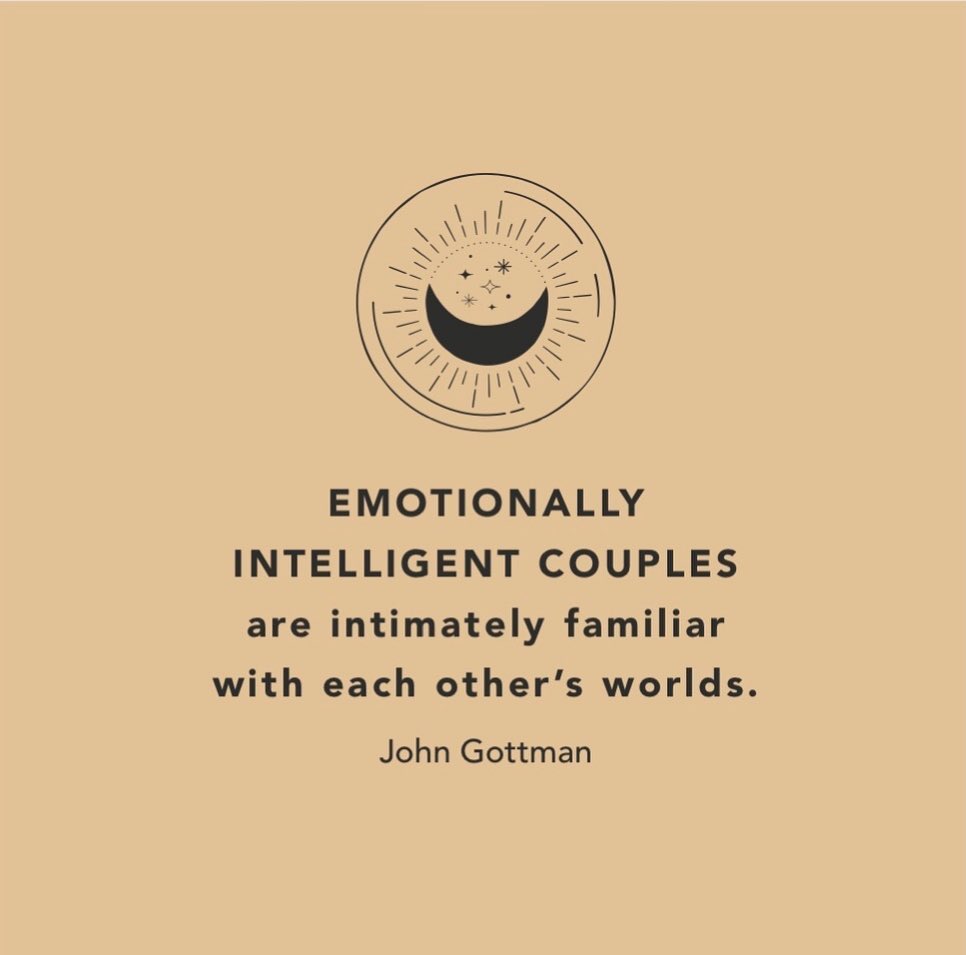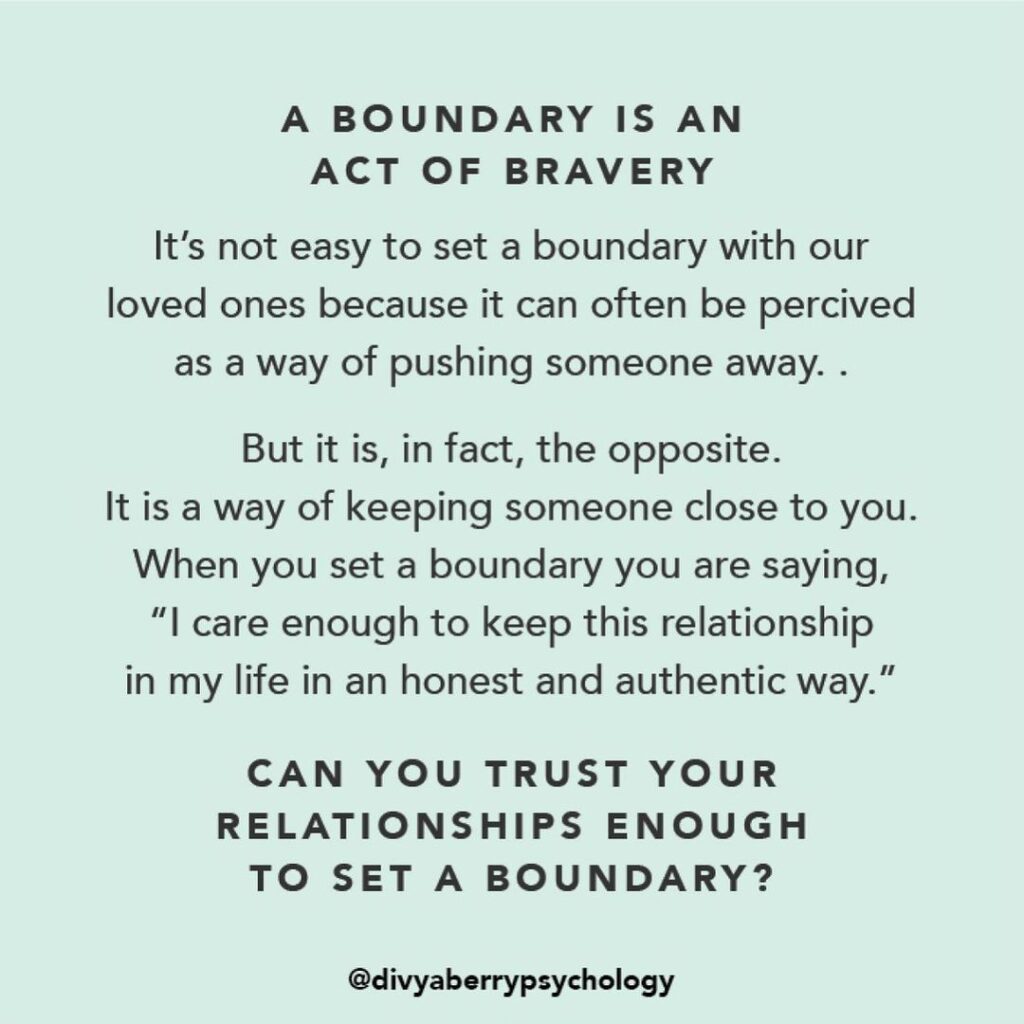Divya C. Berry is an MBPsS and MBACP accredited counsellor and psychologist based in London, offering relationship and couples therapy as part of her practice. Relationship counselling sessions are currently taking place via online video consultations.
Why relationship therapy matters
Relationships can be everything wholesome and fulfilling, and equally they can be complicated. We enter them – or rather create them – for positive reasons involving love, care, joy, attraction and fulfillment.
Since the very word ‘relationships’, however, involves relations with and relating to others, it means the ‘other’ will bring their own self, needs, expectations, wishes and desires, and these may or may not align with our different life situations.
Often the fallout in relationships is simply misunderstandings and mismatched expectations over time, so addressing them at the early states goes a long way in preserving what is good in the relationship.
Therapy can help with relationship issues

Couples therapy is a highly recommended for couples where both people want to work together, with a trained professional, to get through things that feel challenging. Relationship counselling in individual therapy sessions is different, in that it does not involve both partners, but rather the individual on their own working through what they wish to bring. When relationships reach a heavy space and start becoming more difficult than they remain enjoyable, it may be time to examine the stress and strain around them.
The type of roadblocks that emerge in relationships could involve any or all of the following:
- Unmet needs: one or both of the partners not knowing or addressing each other’s needs, hence feeling like they are giving out more than they are getting.
- Differing interests: frustration around doing different things and having likes or dislikes that are mismatched, eventually impacting the quality of life enjoyed on regular days.
- Old patterns: becoming a victim of habitual ways of being which have not ever been addressed, thus running the risk of having the same disruptive conversations and fights over and over, without much resolution or progressive movement.
- Trust breakdown: once lying, betrayal and doubt enter the relationship dyad, it can become difficult to weed out. These elements almost always cast their shadow, hence requiring much deep repair work.
- Lack of intimacy: physical and emotional intimacy is usually what differentiates partners from other relationships, and a prolonged deprivation in this area can begin to feel extremely frustrating.
Individual therapy allows the individual to vent, ruminate and express their feelings about all of this, including what may feel too vulnerable or shaming to express to their partner, as it involves them too intimately.
There are many techniques for relationship therapy, but my approach focuses on nurturing a therapeutic environment where either the couple or the individual is able to reflect on the polarities of their relationship.
What is my approach to relationship therapy?
My therapeutic approach to relationship therapy involves creating a safe space for the individual to share all of their feelings, both good and bad, or rather bring the darkness they may feel along with the lightness. Both of these concepts represent polar ends of what transpires in all relationships.
No relationship is all positive or all negative, and while some may be toxic, with the blame for their breakdown belonging squarely to one person, my approach involves asking the person to look within and deeply contemplate their own part.
Effectively, this means examining their own part in co-creating the situation, to creatively express what they wish for in a relationship, and eventually to support themselves in being the change they want to see.
What happens during relationship counselling?
During the counselling session, the individual will have an opportunity to talk through their relationship as they have experienced it. This may involve some exercises with imagery, as well as some role playing, all in an environment of calm and ease, giving the individual the confidence to express themselves without any judgment or worry.
Ample space will be created for them to sit with any silences that emerge, which often do when we reach a place of deep realisation and come face to face with our deepest feelings. Essentially, the environment of empathy and support will seek to reduce shame and find a voice for the individual to really express themselves and tell their own story, and hopefully to feel heard.

The outcomes of relationship therapy
An important outcome of relationship counselling for individuals is that, when they feel heard in an unbiased environment, something shifts inside them.
The shift also involves their taking responsibility for their own part of the process, so the emphasis on the blame-game is much less. Instead, the focus becomes on talking about one’s shared losses and needs. While it is not solution focused, the process of sharing and coming into one’s feelings so clearly will eventually allow for a different, more lucid type of expression, which can be extremely novel and fresh for the other partner to receive.
Further reading on relationships and therapy
I recommend delving into relationship oriented writing, as well as texts focused on the individual in the partnership dyad. The Science of Trust by John Gottman is an example of the former, and Games People Play by Eric Berne is an example of the latter. Finally, Esther Perel on relationships, especially on fidelity and intimacy, is essential hearing.
Conclusion
In conclusion, change begins with us, and when we change, we are able to bring forth the change we are desirous of in others or at least know that we did our part in attempting it before we may let go. Relationship counselling helps mediate that change and, in doing so, allows us to preserve our deepest self.

